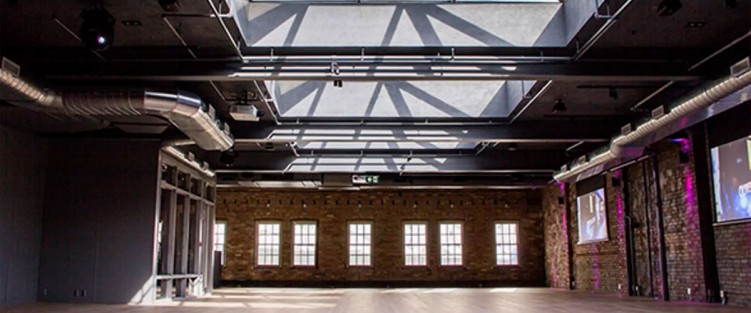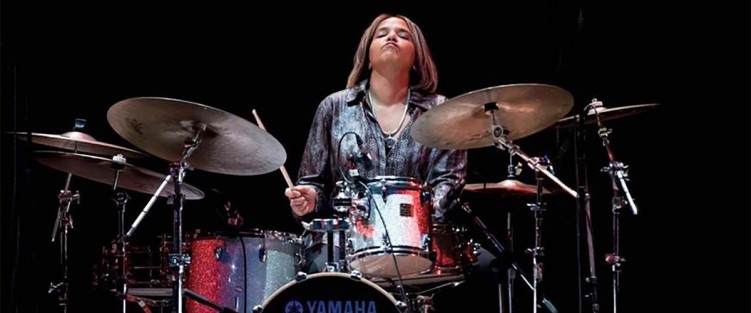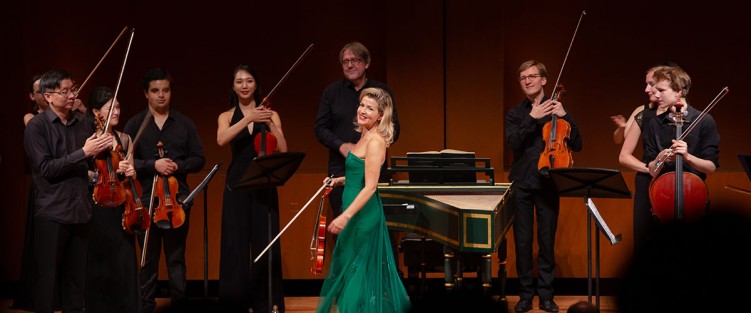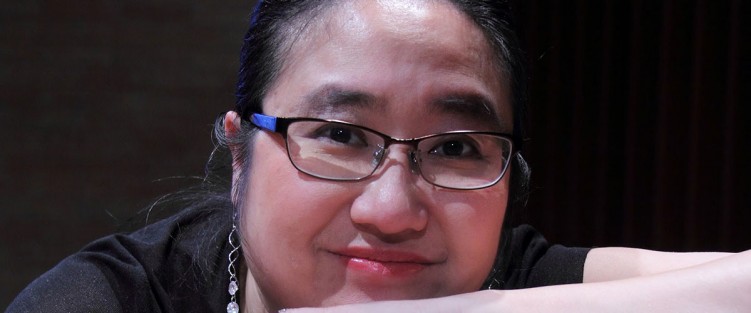A Festival of Pipes: (Re)discovering Toronto’s Oldest Instruments
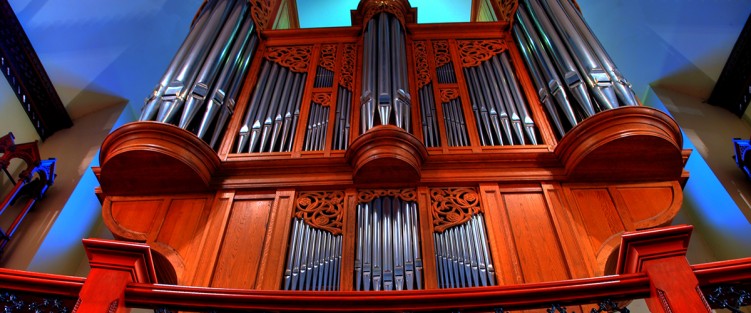 The pipe organ is a unique musical instrument, each one composed of thousands of pipes ranging from the size of a pencil to the height of a three-story building, tens of thousands of mechanical and electrical components, and infinite sound combinations, all controlled by a single player. At once simple and complex, the organ operates by pushing wind through pipes; this wind is now generated by motor-driven air blowers, but was once operated by one or more people working the bellows, manually driving wind through the instrument.
The pipe organ is a unique musical instrument, each one composed of thousands of pipes ranging from the size of a pencil to the height of a three-story building, tens of thousands of mechanical and electrical components, and infinite sound combinations, all controlled by a single player. At once simple and complex, the organ operates by pushing wind through pipes; this wind is now generated by motor-driven air blowers, but was once operated by one or more people working the bellows, manually driving wind through the instrument.


